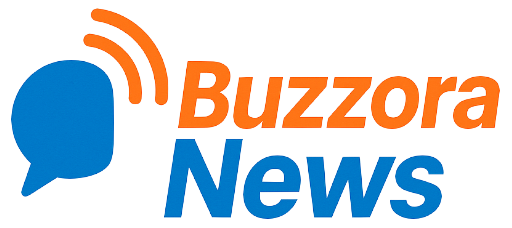In an age flooded with information, the question “Should we trust mainstream media?” has become increasingly urgent. Mainstream media—comprising major TV networks, newspapers, and widely accessed online news platforms—has long been a primary source of news for billions. Yet, skepticism toward these outlets has surged in recent years.
This article explores the factors behind public distrust, the role of mainstream media, challenges faced by the industry, and how audiences can critically engage with news sources.
1. What Is Mainstream Media? 📺🗞️
Mainstream media (MSM) refers to well-established, widely accessible news organizations including:
- National and international TV networks (e.g., BBC, CNN, NBC)
- Major newspapers and magazines (e.g., The New York Times, The Guardian)
- Large digital news platforms
They often have significant resources, professional journalists, and editorial standards intended to ensure accuracy and impartiality.
2. Why Does Trust in Mainstream Media Decline? 📉
2.1 Perceived Bias and Political Polarization 🏛️⚖️
- Many feel MSM outlets reflect political biases or cater to specific ideological groups.
- The rise of partisan media deepens polarization, making some audiences suspicious of “mainstream” perspectives.
2.2 Sensationalism and Clickbait 📰💥
- To attract viewers or readers, some outlets prioritize sensational headlines and stories, sometimes sacrificing depth and nuance.
- This can erode credibility over time.
2.3 Corporate Ownership and Conflicts of Interest 💼🔗
- Large media corporations often own multiple outlets, raising concerns about agendas driven by business or political interests.
- Advertiser influence and sponsorship can also affect content.
2.4 Errors and Misinformation 🤦♂️❌
- Occasional mistakes, retractions, or coverage of unverified information fuel distrust.
- Social media amplifies errors quickly, sometimes without corrections.
3. Arguments For Trusting Mainstream Media ✅
Despite criticisms, MSM holds several advantages:
3.1 Professional Standards and Accountability 📋✔️
- Many organizations follow strict editorial guidelines, fact-checking, and ethical journalism codes.
- Corrections and clarifications are often published transparently.
3.2 Resources for Investigative Journalism 🔍
- MSM can fund in-depth investigations, legal reporting, and coverage of complex issues beyond the reach of independent bloggers or social media.
3.3 Broad Reach and Access to Experts 🌐🎓
- MSM often has access to official sources, experts, and eyewitnesses, providing comprehensive coverage.
“Mainstream media remains the backbone of informed democracy, despite its flaws.” — Prof. Linda Marshall, Media Studies
4. The Role of Social Media and Alternative News 🌐📲
The rise of digital platforms challenges MSM dominance:
- Social media enables rapid dissemination but often lacks editorial oversight.
- Alternative and independent news sites offer diverse perspectives but vary widely in credibility.
5. How Can Audiences Navigate News Critically? 🧠🔎
Five Practical Tips:
- Check multiple sources: Compare stories from different outlets.
- Look for original sources: Read official reports or statements when possible.
- Beware of clickbait: Question sensational headlines.
- Verify author credentials: Trust established journalists or experts.
- Use fact-checking sites: Websites like Snopes or FactCheck.org help verify claims.
6. Summary Table: Trust Factors in Mainstream Media
| Factor | Reason to Trust | Reason for Skepticism |
|---|---|---|
| Editorial Standards | Fact-checking and ethics codes | Occasional bias and errors |
| Corporate Ownership | Professional funding | Possible agenda-setting |
| Access to Experts | In-depth, informed reporting | Limited viewpoints sometimes |
| Transparency | Corrections and accountability | Slow responses to mistakes |
| Reach and Influence | Wide distribution and impact | Vulnerability to sensationalism |
7. Case Studies: When MSM Succeeded and Failed ⚖️
Success Story: The Watergate Scandal
Investigative journalism by The Washington Post uncovered political corruption, exemplifying MSM’s vital watchdog role.
Failure Example: Coverage of Iraq WMDs
Mainstream media widely reported inaccurate intelligence on weapons of mass destruction, contributing to public misinformation.
8. Final Thoughts: Should We Trust Mainstream Media? 🤷♀️
The answer is “It depends.”
- MSM remains essential for reliable, verified news but is not infallible.
- Blind trust is unwise; informed skepticism and critical consumption are key.
- The responsibility lies both with media organizations to uphold transparency and audiences to engage discerningly.
“Trust, but verify.” — Ronald Reagan
In a complex media landscape, developing media literacy is more important than ever.


